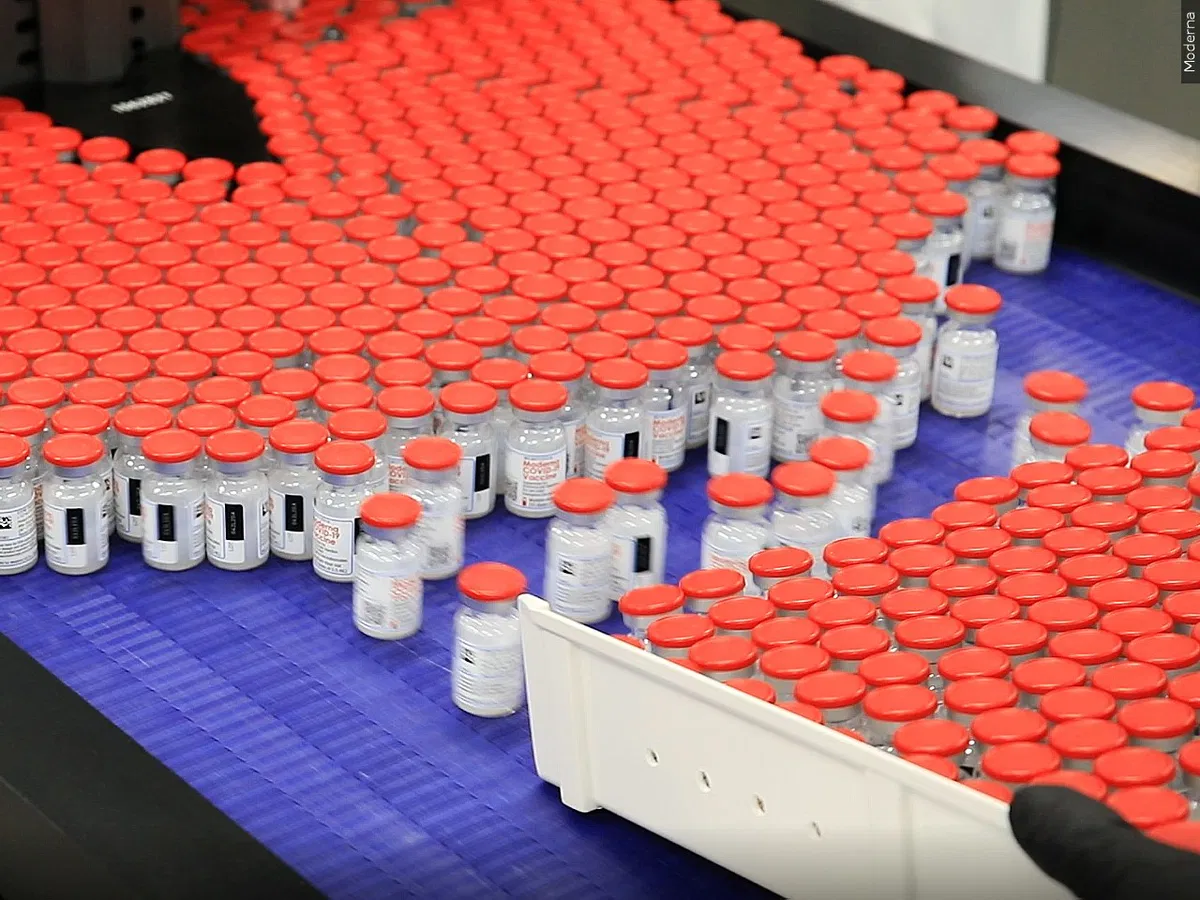By Benjamin Nii Nai,Henrietta Afful
Copyright gbcghanaonline

By: Benjamin Nii Nai Anyetei
Prostate cancer has long been considered a disease of aging men, influenced heavily by family history and genetic makeup. But expert voices in Ghana are highlighting that the way men live, eat, and even how often they engage in sexual activity may significantly influence their risk of developing prostate cancer.
Across the world, prostate cancer is now the second most commonly diagnosed cancer in men, with the World Health Organization estimating 1.5 million new cases and nearly 400,000 deaths in 2022. In Ghana, urologists warn that the disease is claiming more lives than it should, largely because men delay check-ups and present it only when the cancer is already advanced.
What the doctors at Korle Bu are saying
At the Korle Bu Teaching Hospital, urologists are using Prostate Cancer Awareness Month (September ) to reframe the public conversation.
Prostate cancer is a type of cancer that begins in the prostate gland, a small walnut-shaped gland in men that produces seminal fluid — the liquid that nourishes and transports sperm.
Health experts at the Korle Bu Teaching Hospital are warning that Ghana’s rising cases of prostate cancer are being driven more by poor lifestyle habits than by sexual activity.
Contrary to widespread myths, doctors say excessive sexual activity does not increase the risk of prostate cancer and may even slightly reduce it. Instead, smoking, obesity, unhealthy diets, excessive alcohol intake, and lack of exercise are among the biggest factors pushing more men into danger.
The awareness campaign comes as September is marked globally as Prostate Cancer Awareness Month, under the theme “Early Detection Saves Lives.” The Ghana Association of Urological Surgeons is urging men, especially those aged forty and above, to go for regular screening as early detection makes treatment more effective.
Professor J.E. Mensah, Acting Director of the Urology and Nephrology Centre at Korle Bu, advised men not to wait until they experience late-stage symptoms such as painful urination or blood in the urine before visiting the hospital. He stressed that prostate cancer is treatable if detected early, but options become limited once it spreads.
“If detected early while confined to the prostate, the disease can be cured. But once it spreads, treatment options are limited. Men must therefore adopt healthier habits and go for screening before symptoms appear,” he said.
Dr. Kenneth Adjetey Klufio, Senior Specialist Urologist at Korle Bu, debunked common myths, clarifying that excessive sexual activity does not increase the risk of prostate cancer and may even slightly reduce it. He urged men to take charge of their health by undergoing regular check-ups.
“We need to break the silence around men’s health. Prostate cancer is not caused by excessive sexual activity, as many believe. In fact, regular sexual activity may slightly reduce the risk. Studies have shown that ejaculating even just a few times in a month, helps to keep the prostate healthy. “
Lifestyle risk factors: the evidence
A growing body of evidence links modifiable lifestyle factors to prostate cancer incidence and outcomes:
Smoking increases the risk of aggressive prostate cancer and worse outcomes after diagnosis.
Obesity is associated with higher risk of advanced disease and worse survival.
Poor diet (high in processed meats, saturated fats and low in vegetables/fruits) and sedentary lifestyle are linked to higher incidence.
Excess alcohol consumption has also been implicated as a contributor to cancer risk more broadly.
Systematic reviews and large cohort studies underline that a substantial fraction of cancers are attributable to modifiable behaviours — and prostate cancer is among those affected by tobacco, diet, alcohol, obesity and inactivity.
The sex factor: what science actually shows about ejaculation
One of the most persistent myths is that frequent sexual activity causes prostate cancer. The opposite is what larger, well-controlled studies have generally found:
A major U.S. prospective study and subsequent analyses reported that higher ejaculation frequency in adult life was associated with a lower risk of prostate cancer, especially for low-risk disease. One influential paper in European Urology and its PubMed entry summarize this association.
Popular summaries from Harvard and other public health outlets explain the hypothesized mechanisms — e.g., that ejaculation may help clear potentially carcinogenic substances and reduce inflammation in the prostate — but emphasize the effect is modest and not a substitute for screening.
Bottom line on sex: regular ejaculation (studies typically highlight higher frequency such as several times per week or ~20+ times per month as the group with lower observed risk) is associated with a small protective effect. However, it is not a guaranteed prevention method and should be considered alongside screening and healthy living.
Screening: what men should know
Early detection remains the most important tool for reducing deaths from prostate cancer. The common screening tools are:
PSA (Prostate-Specific Antigen) blood test — measures a protein produced by prostate cells.
Digital rectal exam (DRE) — clinical palpation of the prostate by a clinician.
International bodies advise individualized decisions: for men aged 55–69 the Centers for Disease Control (CDC) and many guideline bodies recommend discussion with a clinician about the benefits and harms of PSA screening, while other organizations (e.g., USPSTF) set age- and risk-based recommendations. Screening decisions should account for age, family history, race (men of African ancestry have higher risk), and personal preferences.
Why African and Ghanaian men face higher risk
Data show men of African descent experience higher incidence and mortality from prostate cancer. The drivers are multifactorial:
Genetic predisposition that may affect tumor biology.
Delayed diagnosis due to lower screening uptake, stigma, and health-seeking behaviors.
Health system factors — limited access to rapid diagnostics and specialist care in some areas.
GLOBOCAN/IARC and local hospital series document these disparities and call for targeted interventions.



